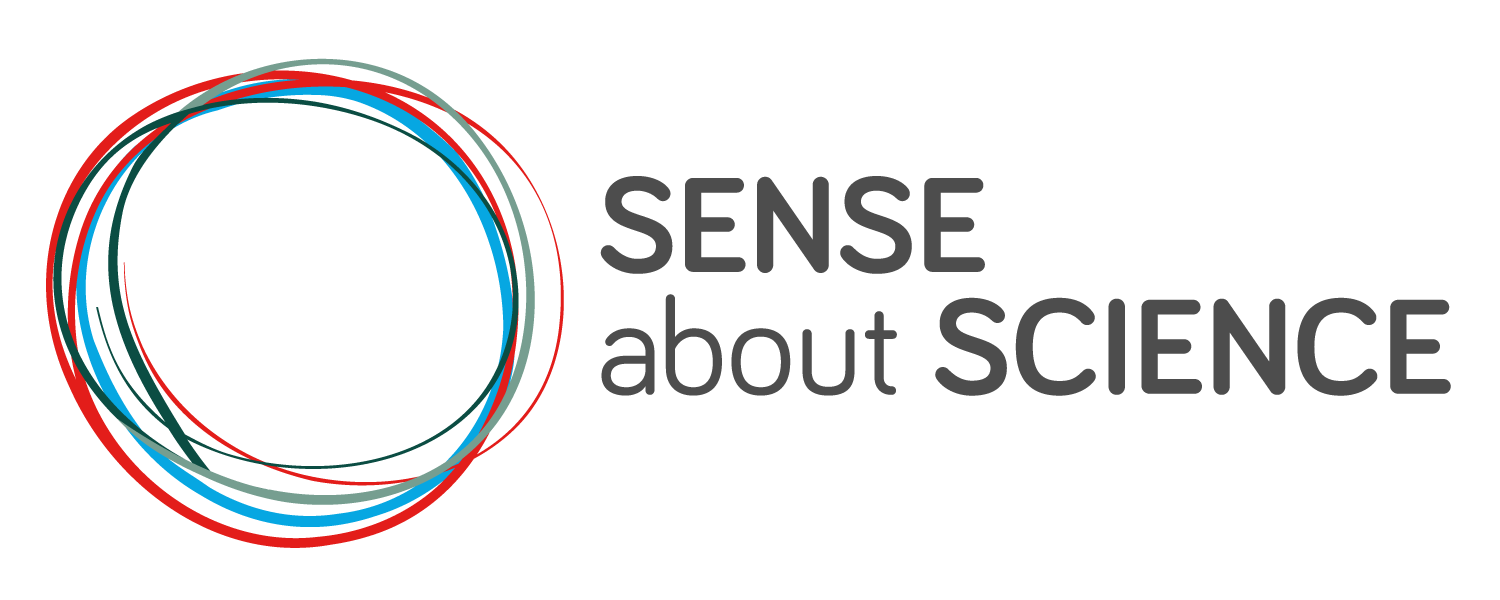We use cookies to help provide you with the best experience using our website.
If you're happy to accept cookies, continue to browse our site or click 'x' and we'll close this message.
Learn more
The Case of the Tech-Necks
We’ve heard the warnings about how smartphones and tablets can stop you from sleeping, increase anti-social behaviour and even give your kids a higher risk of autism, a claim Mabon Ellis challenged in his recent Ask For Evidence.
Now, our digital devices are apparently changing our own appearances – and it’s not because it’s become a permanent new extension to our hands.
As explained in an article in the Daily Expresson 15 January 2015:
“Research conducted by Yves Saint Laurent has revealed that gazing down at our digital devices is causing a 50 per cent increase in lines and wrinkles in the lower face and neck area”.
To alleviate these signs of a so-called “tech-neck”, the article explains that a cream YSL Beauty has developed (at the modest price of £65) can “re-sculpt the face, neck and décolletage”; by increasing levels of glycans to help stimulate collagen production. Another related article adds that “YSL claims one single application of the £65 product increases skin elasticity by nearly a third and skin firmness by 13 per cent.”
Mystified by the article’s claim that lengthy pastimes on your Smartphone could cause a 50 per cent increase in wrinkles and also cause your neck muscles to shorten, I got in touch with YSL beauty and asked for evidence.
After two months, five emails and three tweets I received a response:
“Yves Saint Laurent have not claimed to have discovered 'tech neck'. In the article it says the term has been used by numerous dermatologists to describe the sagging effect that may be caused by the increased use of smartphones/ipads.
Yves Saint Laurent Forever Youth Liberator can help improve elasticity in the neck area, which is where the connection is with ‘tech neck’ for consumers who are concerned with that area, using the product will help improve this.”
With ample time and prompts to send the research behind their product, it appears that YSL Beauty have simply latched onto a beauty fad to market a new product with no actual evidence underpinning their claim.
Clearly, it’s vital that we continue to stick our necks out and ask for evidence on beauty fads and claims to make sure that the public can make well-informed decisions about healthcare and beauty products. I’m going to start by reading another article on my smartphone.
This ask for evidence story was written by Eloise Johnston, a member of our Voice of Young Science Network.
Image by Hindrik Sijens.



